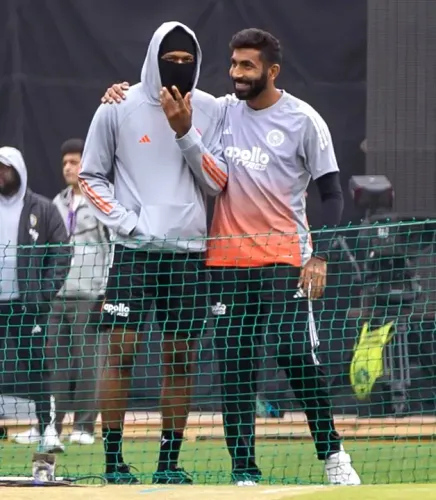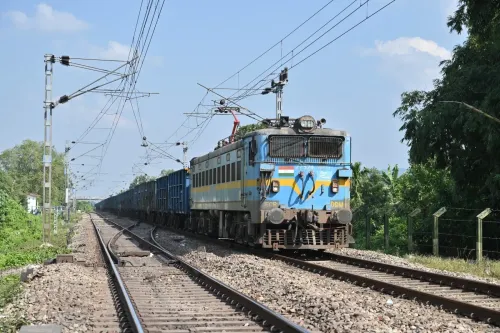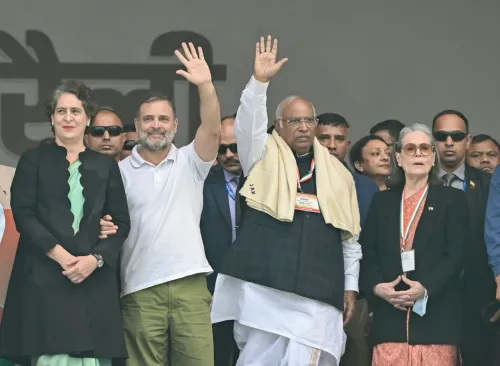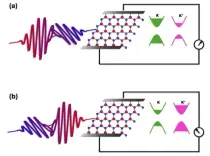Update on Places of Worship Act: SC to Review Petitions on Feb 17
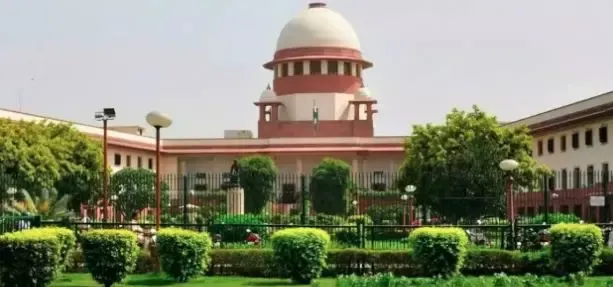
Synopsis
Key Takeaways
- The Centre has not filed its counter affidavit on the Places of Worship Act.
- The Supreme Court will hear the petitions on February 17.
- The 1991 Act prohibits lawsuits to reclaim places of worship.
- The Shahi Masjid Eidgah has raised concerns over delays.
- Previous rulings have restricted new lawsuits under the Act.
New Delhi, Feb 14 (NationPress) The Centre has not yet submitted its counter affidavit regarding several petitions related to the Places of Worship Act, 1991. The Supreme Court is set to examine the challenges to this controversial law on Monday, which forbids any legal action to reclaim a place of worship or alter its status as it was on August 15, 1947.
According to the schedule published on the apex court's website, a bench led by CJI Sanjiv Khanna, along with Sanjay Kumar and K.V. Viswanathan, will continue hearing the issue on February 17.
In a petition submitted to the apex court on January 21, the Committee of Management of Mathura’s Shahi Masjid Eidgah requested that the Centre's right to respond to the matter be revoked. The application noted that in an order dated December 12, 2024, the apex court remarked that the Union government had failed to submit its reply to the petitions challenging the 1991 Act for over three years and instructed that a unified counter affidavit be filed within four weeks.
The mosque committee asserted that the Union of India is intentionally delaying the submission of its counter affidavit to postpone the hearing, thus hindering those opposing the Places of Worship (Special Provisions) Act, 1991 from submitting their written arguments, as the Centre's position would influence these submissions.
The application from the Shahi Masjid Eidgah argued that with the Supreme Court setting the hearing for the batch of petitions on February 17, it would serve justice if the Union of India’s right to file its counter affidavit or related documents is terminated.
In March 2021, a bench led by then CJI S.A. Bobde requested a response from the Centre regarding a plea from advocate Ashwini Upadhyay challenging the legitimacy of certain provisions in the law that prevent the filing of lawsuits to reclaim a place of worship or alter its character as it stood on August 15, 1947.
The plea stated, "The 1991 Act was enacted under the guise of 'public order', which falls under State jurisdiction (Schedule-7, List-II, Entry-1), and 'places of pilgrimage within India' is also a State subject (Schedule-7, List-II, Entry-7). Thus, the Centre lacks the authority to enact this law. Furthermore, Article 13(2) prohibits the State from enacting laws that infringe on fundamental rights, yet the 1991 Act infringes on the rights of Hindus, Jains, Buddhists, and Sikhs to reclaim their 'places of worship and pilgrimages' that were destroyed by invaders.
It also claimed, "The Act excludes the birthplace of Lord Rama but includes the birthplace of Lord Krishna, despite both being incarnations of Lord Vishnu, equally revered worldwide, rendering it arbitrary.
In a temporary ruling issued on December 12, 2024, the CJI Sanjiv Khanna led special bench mandated that no new lawsuits would be registered under the Places of Worship Act in the nation, and no final decisions would be made in pending cases until further notice.
The CJI-Khanna bench had instructed the Union government to submit its reply to the group of petitions contesting the validity of the Places of Worship Act (Special Provisions), 1991 within four weeks.


